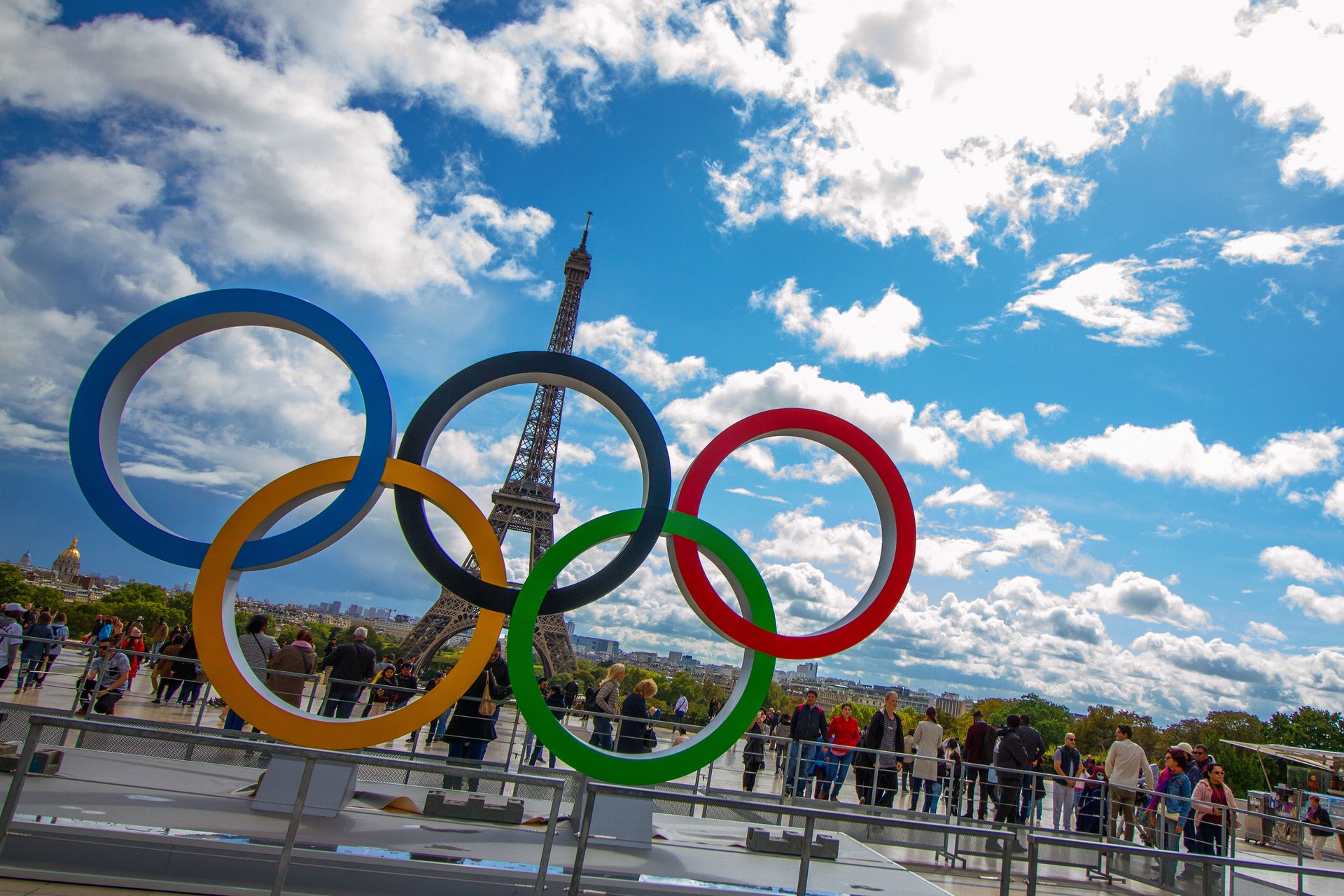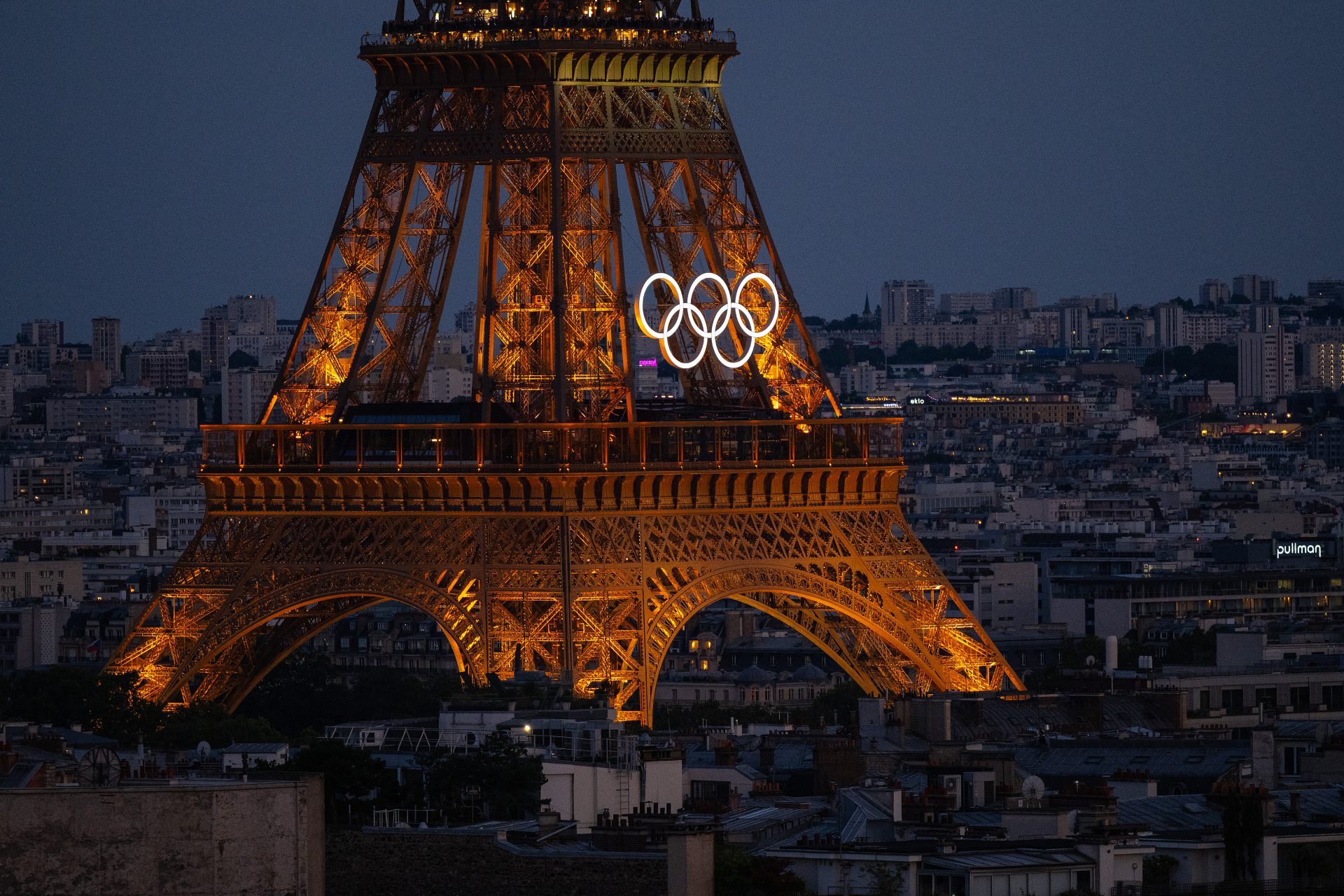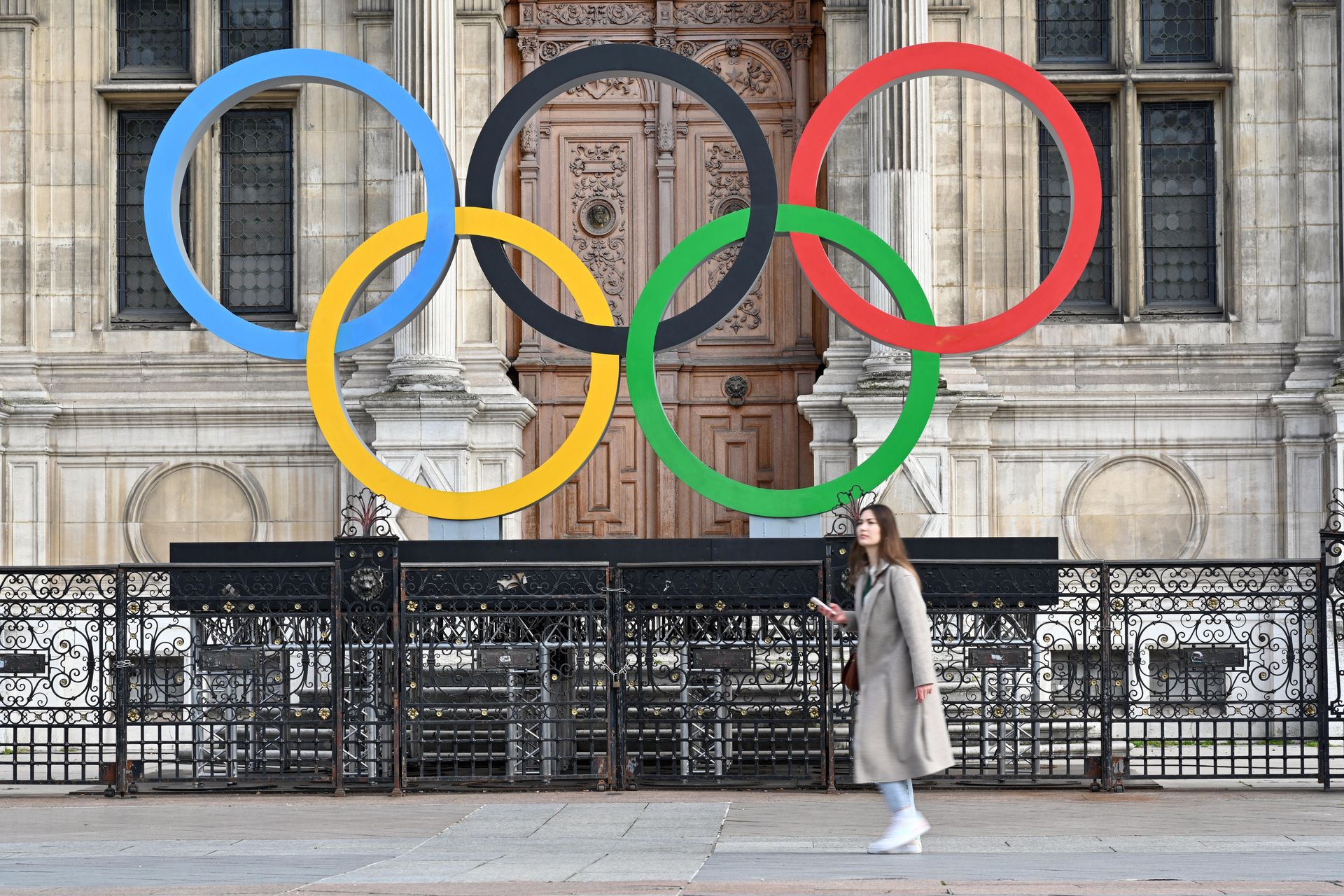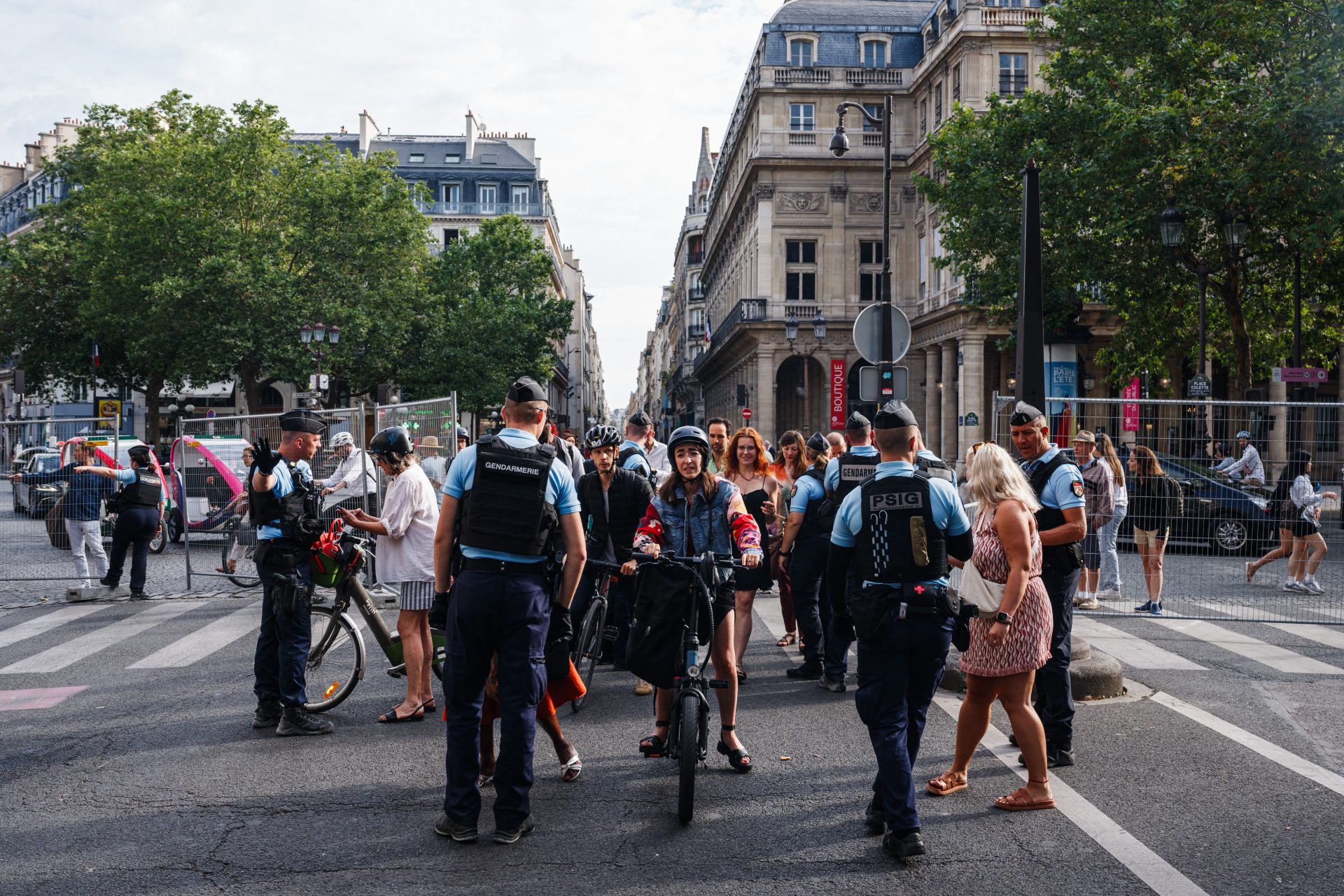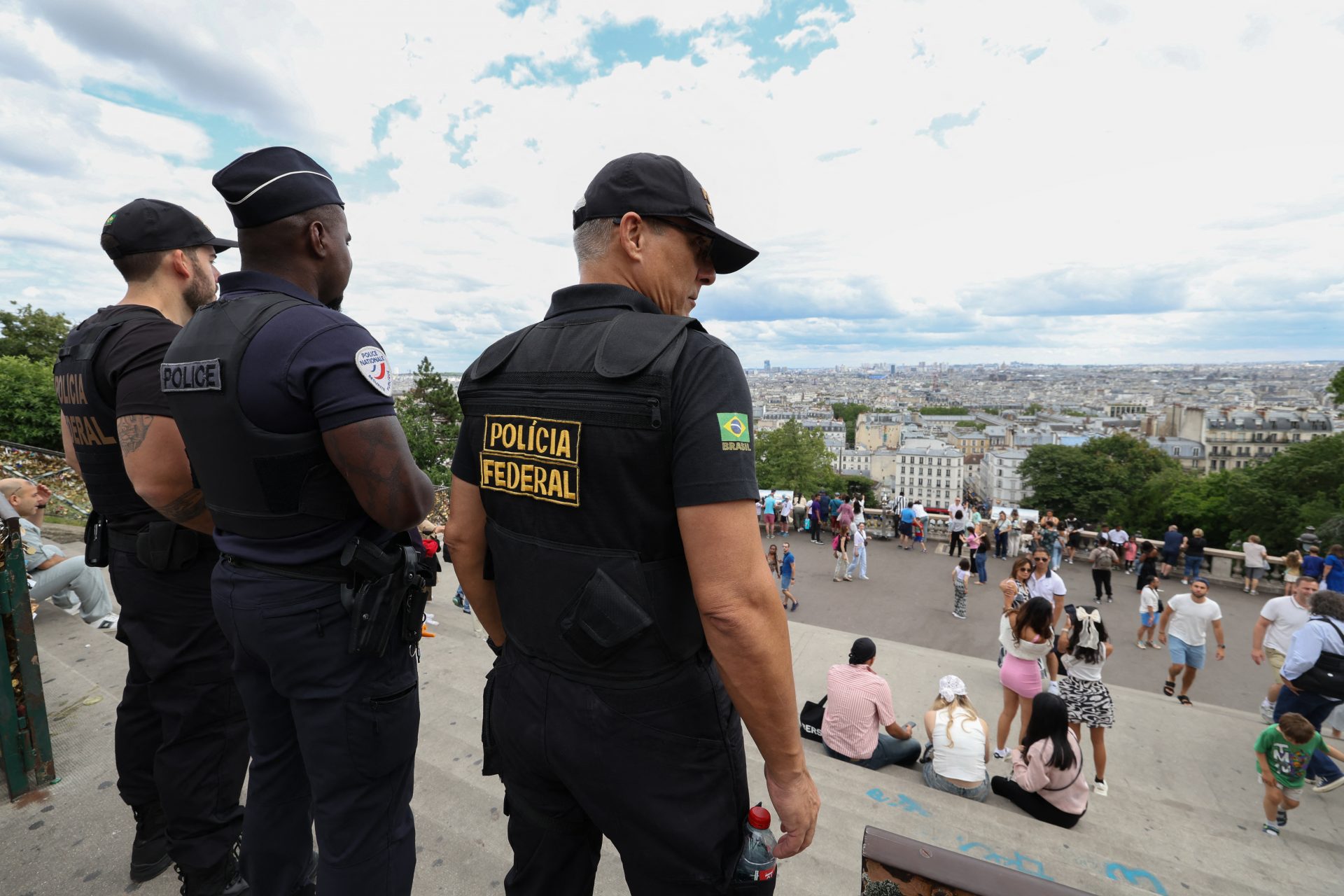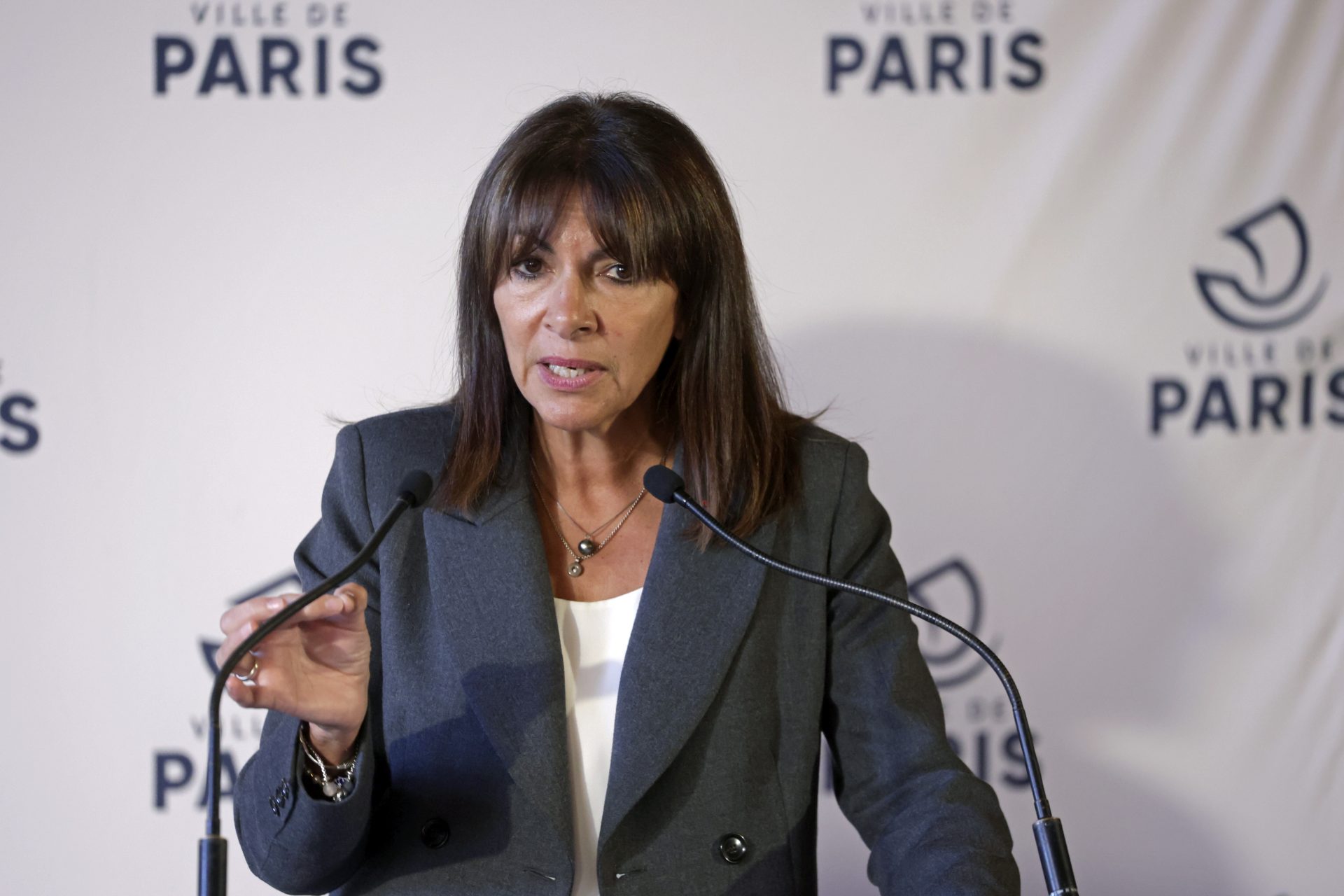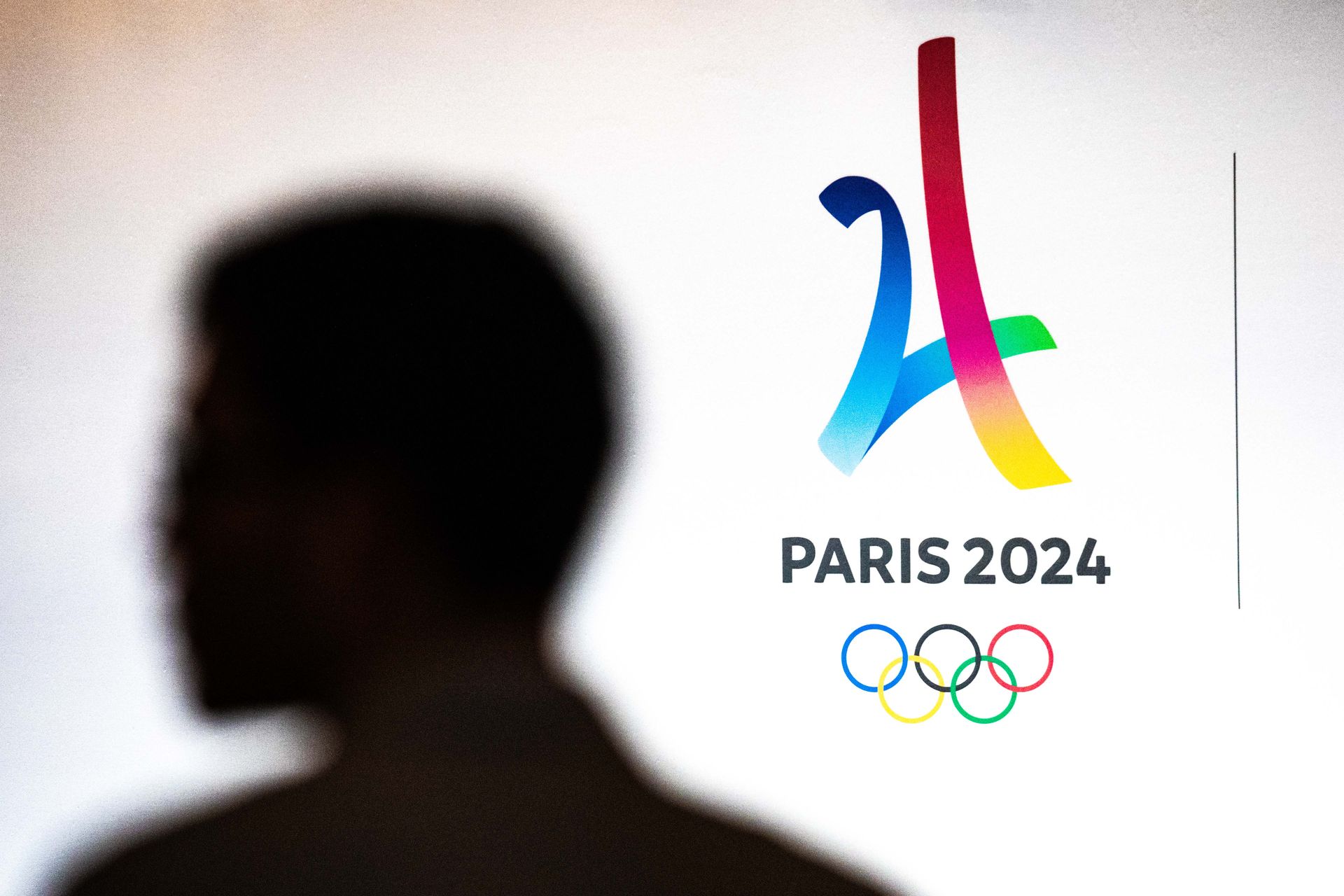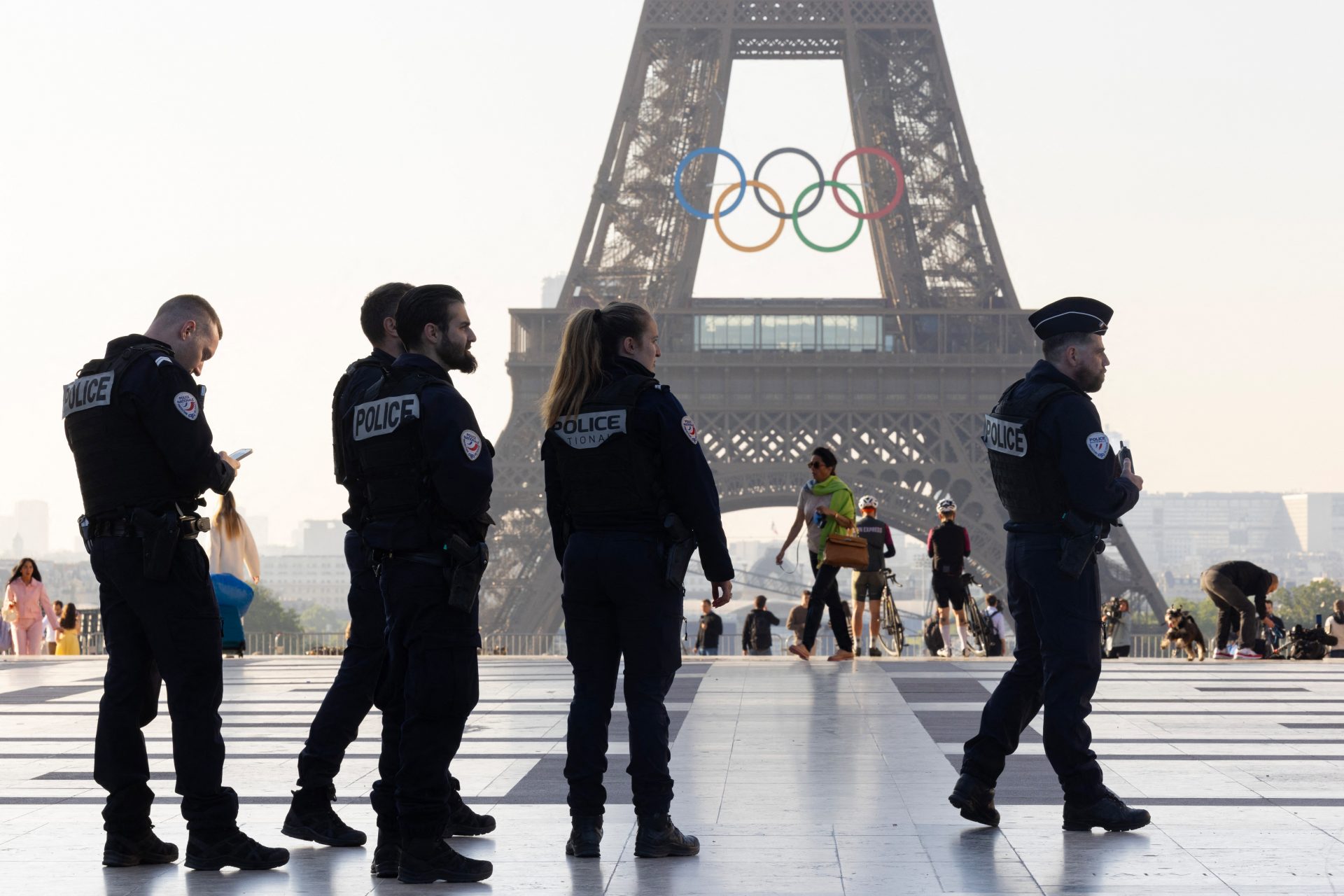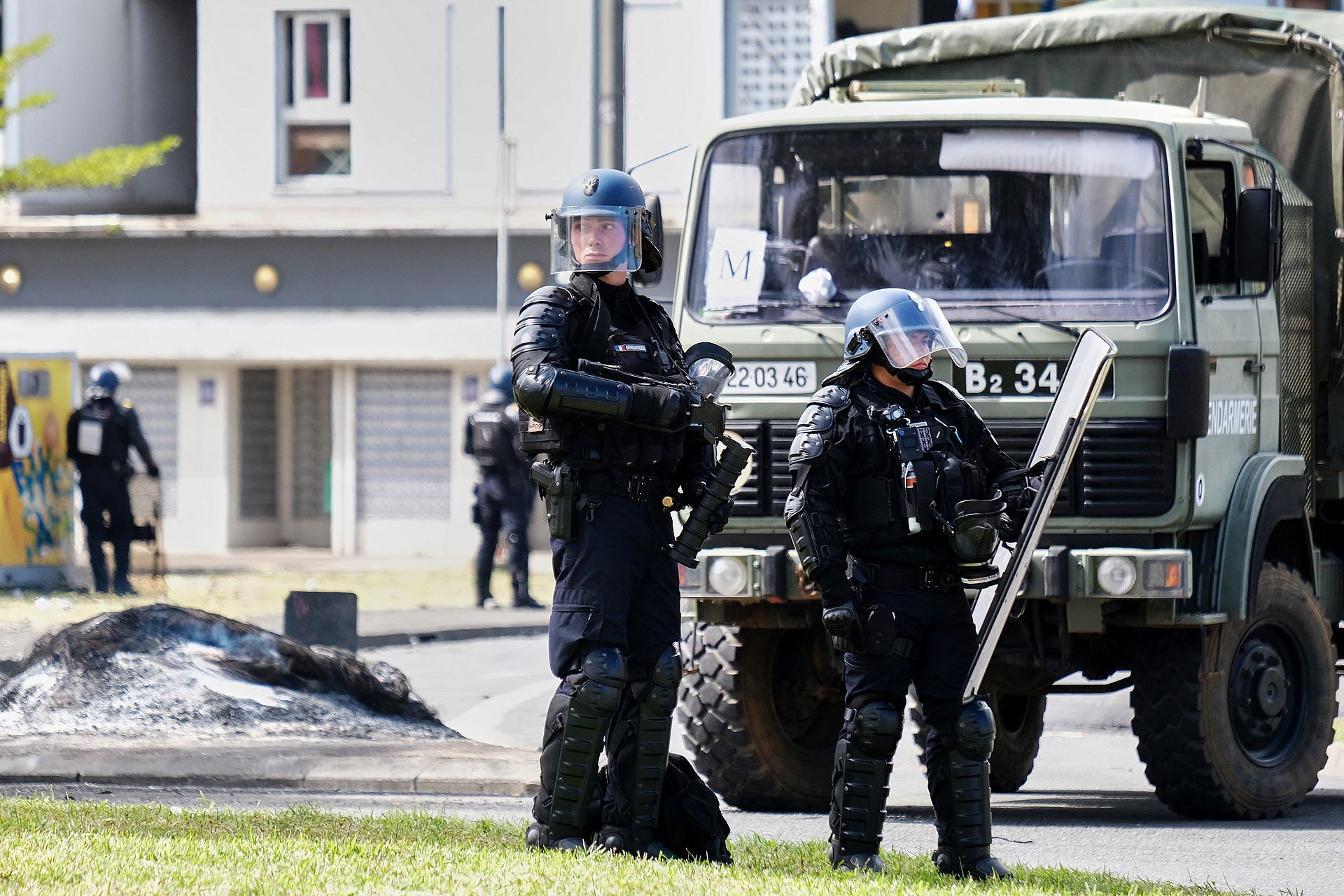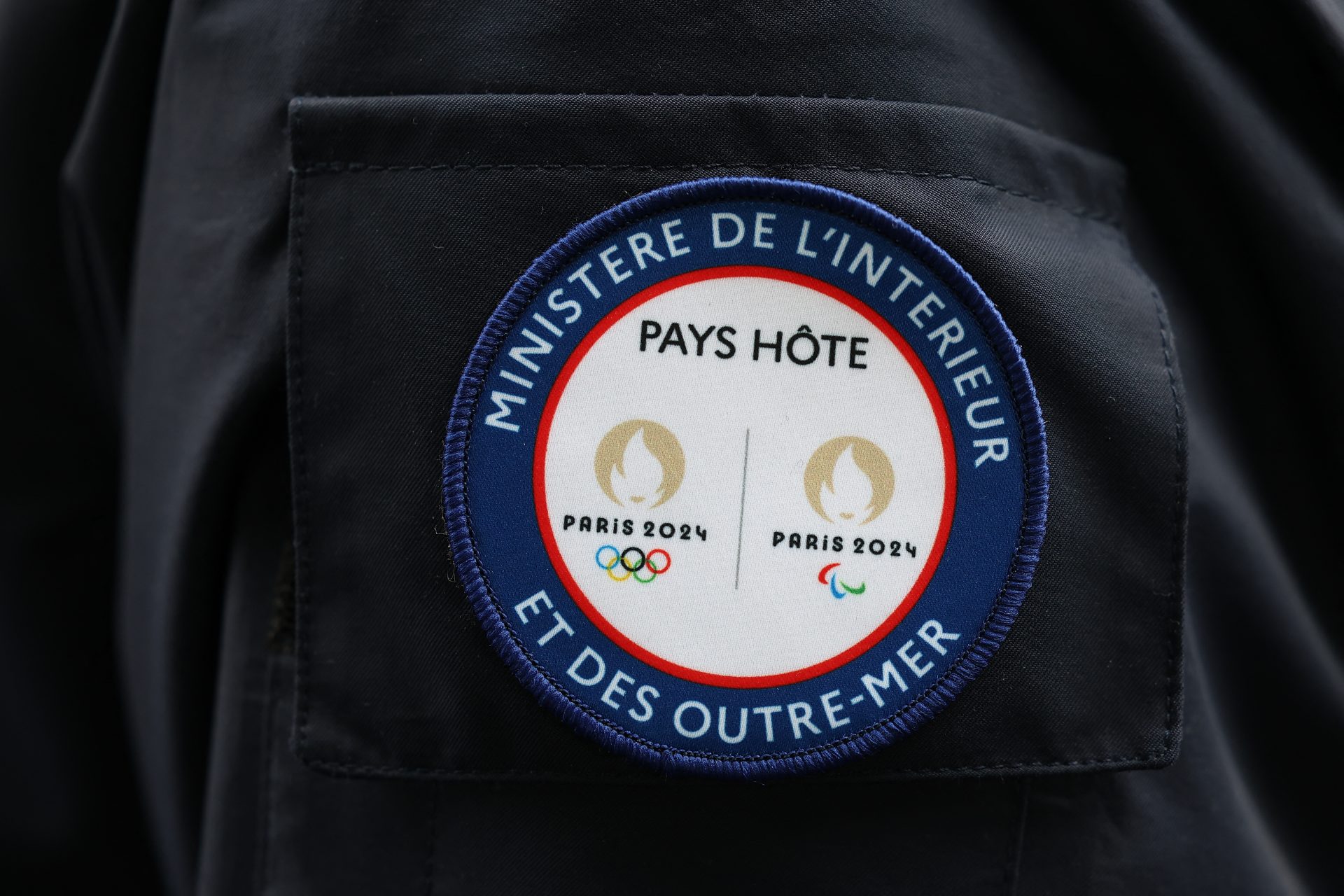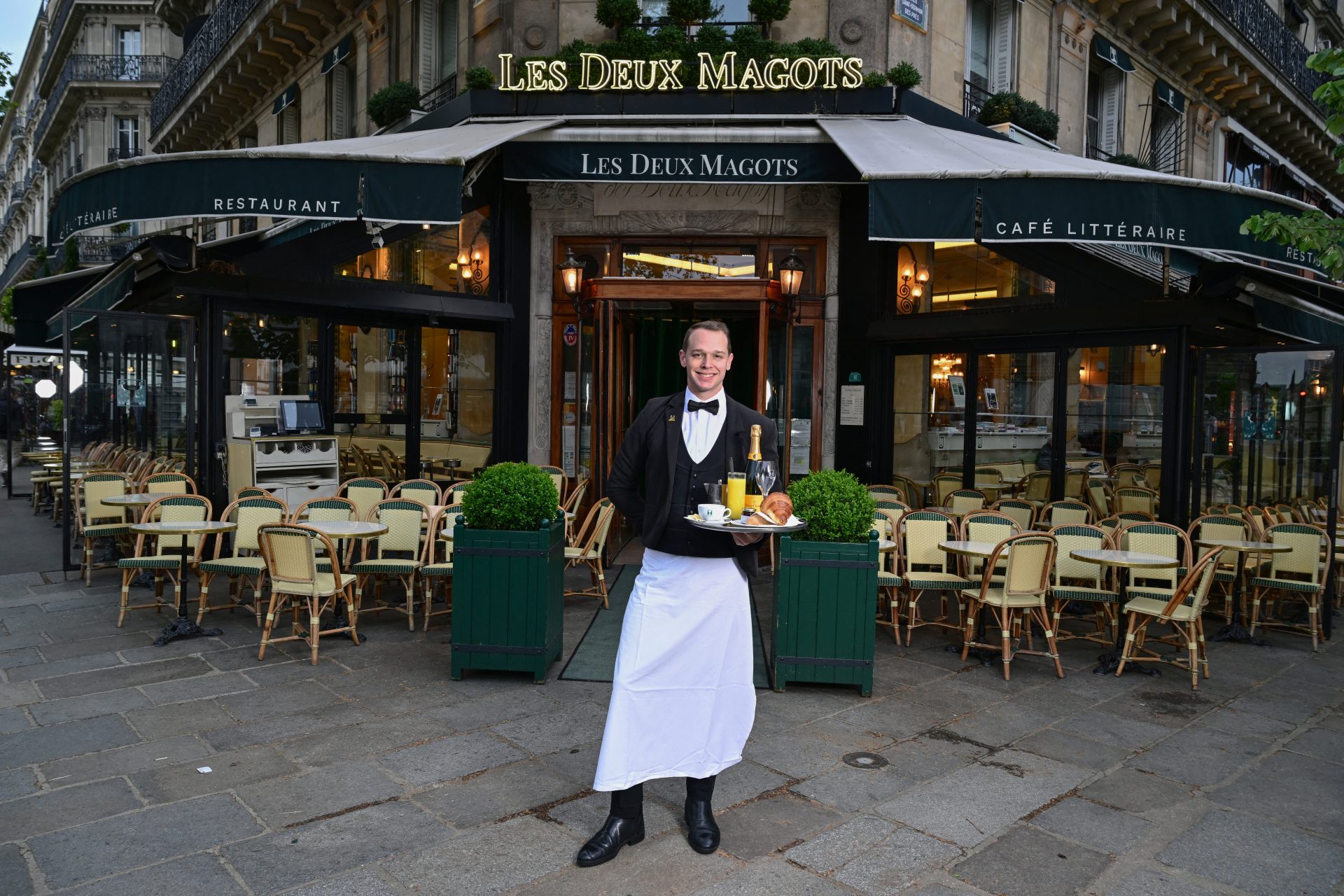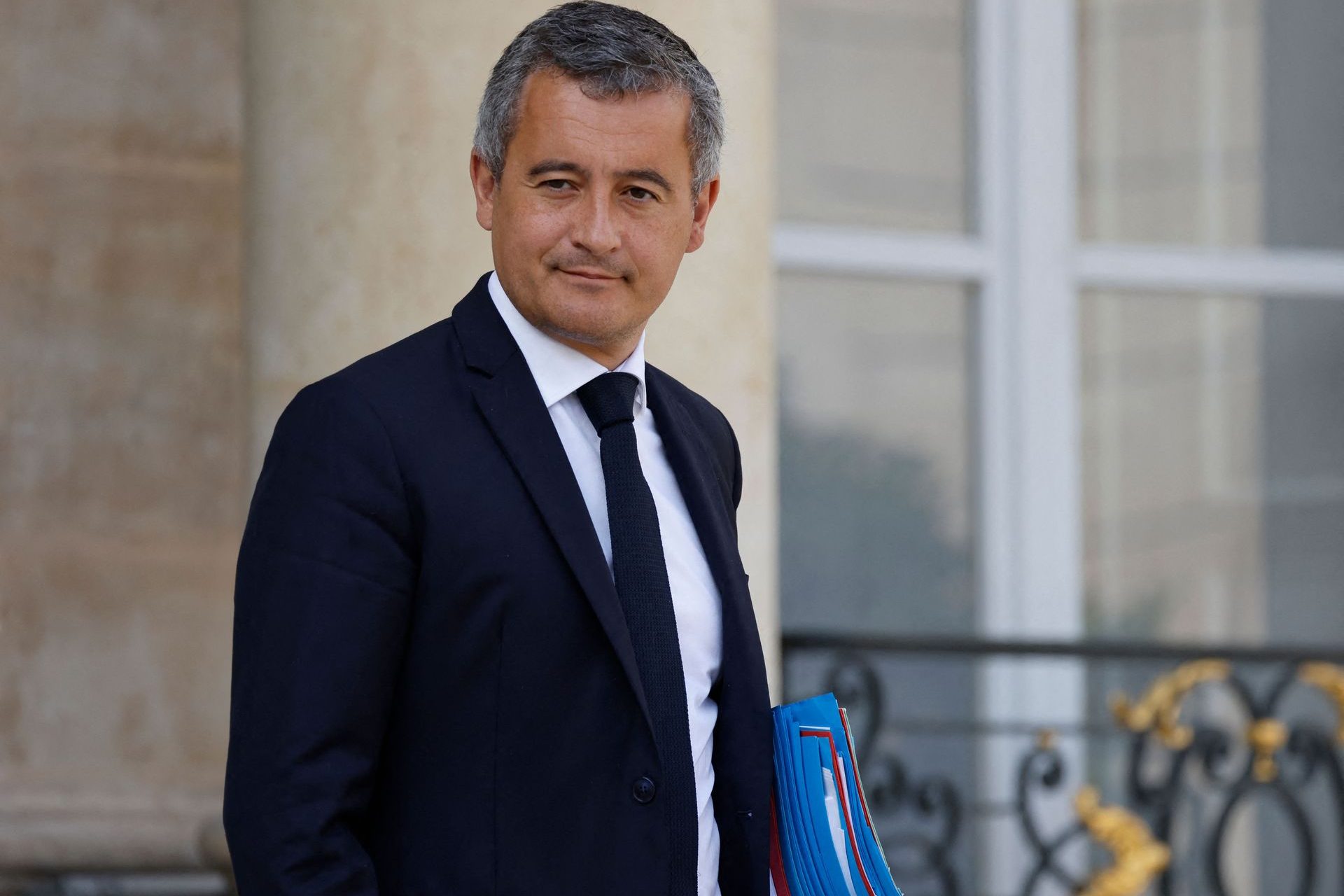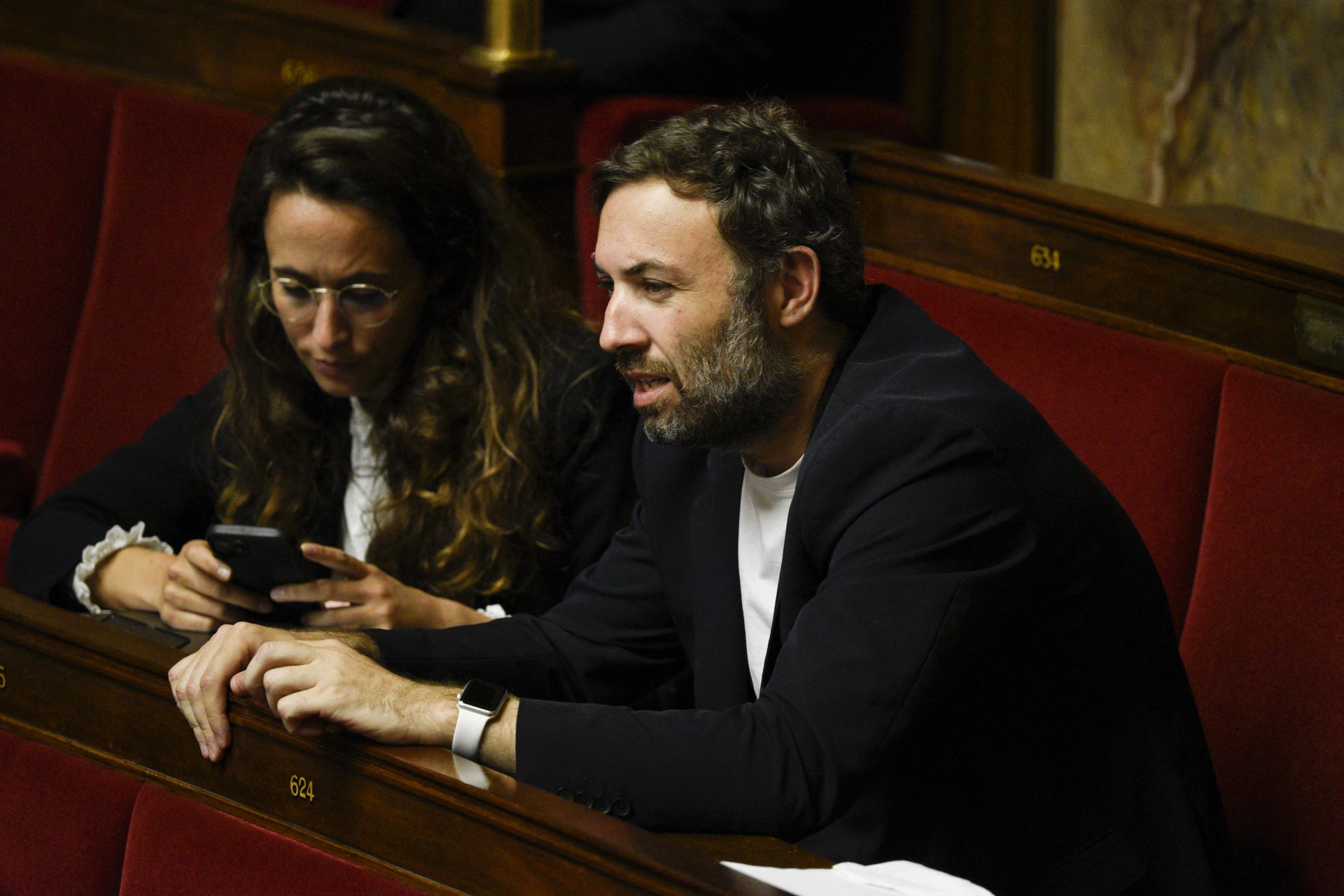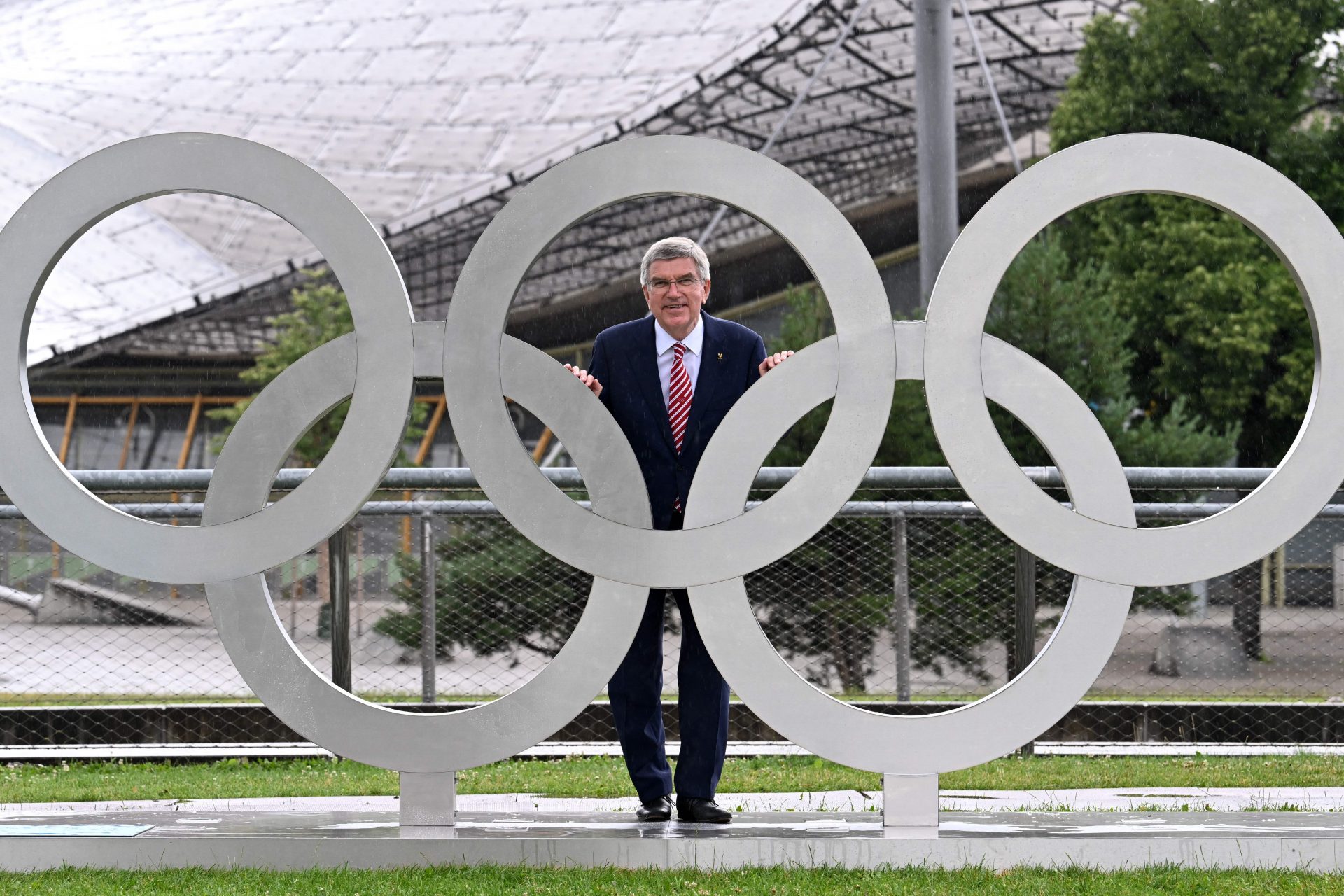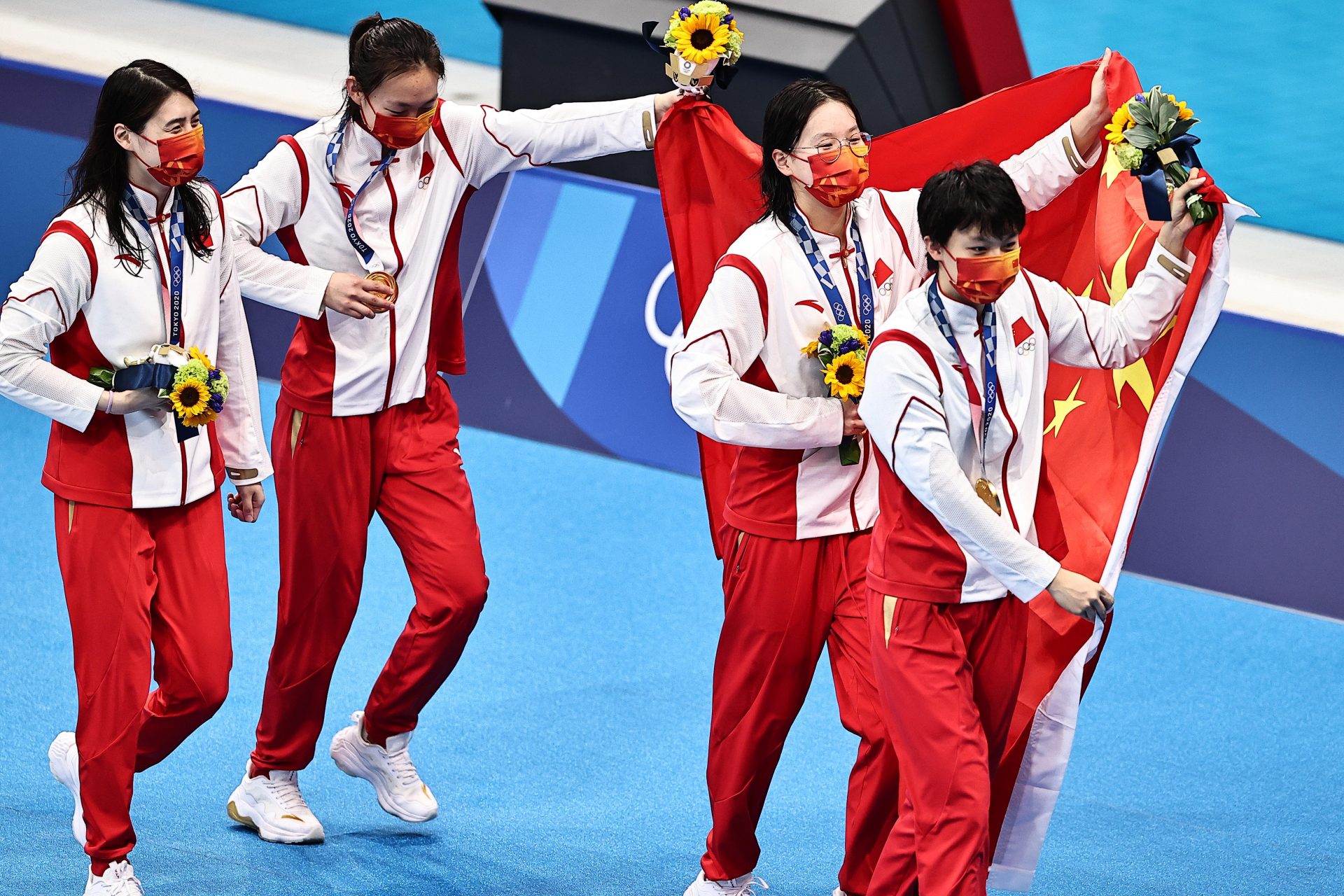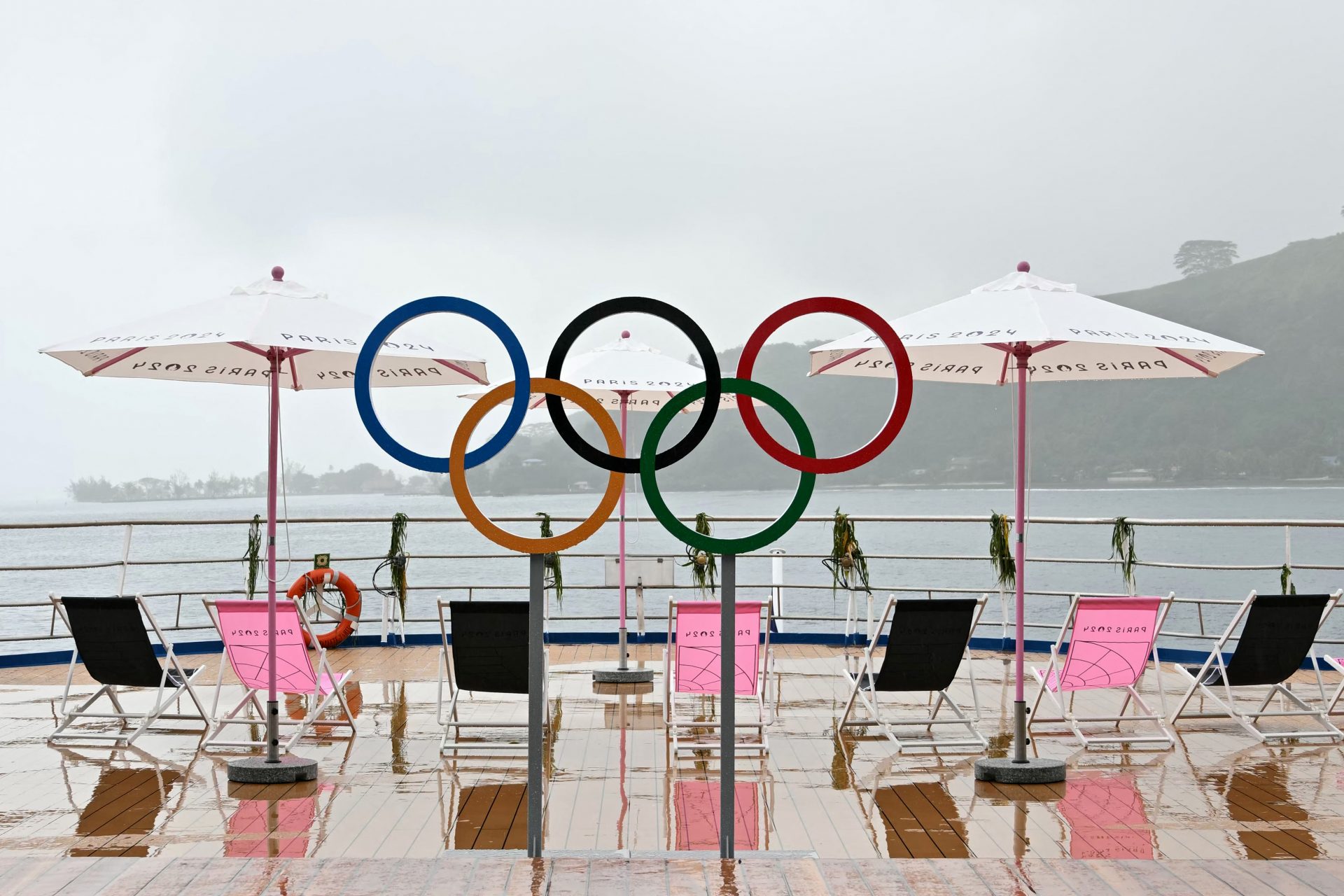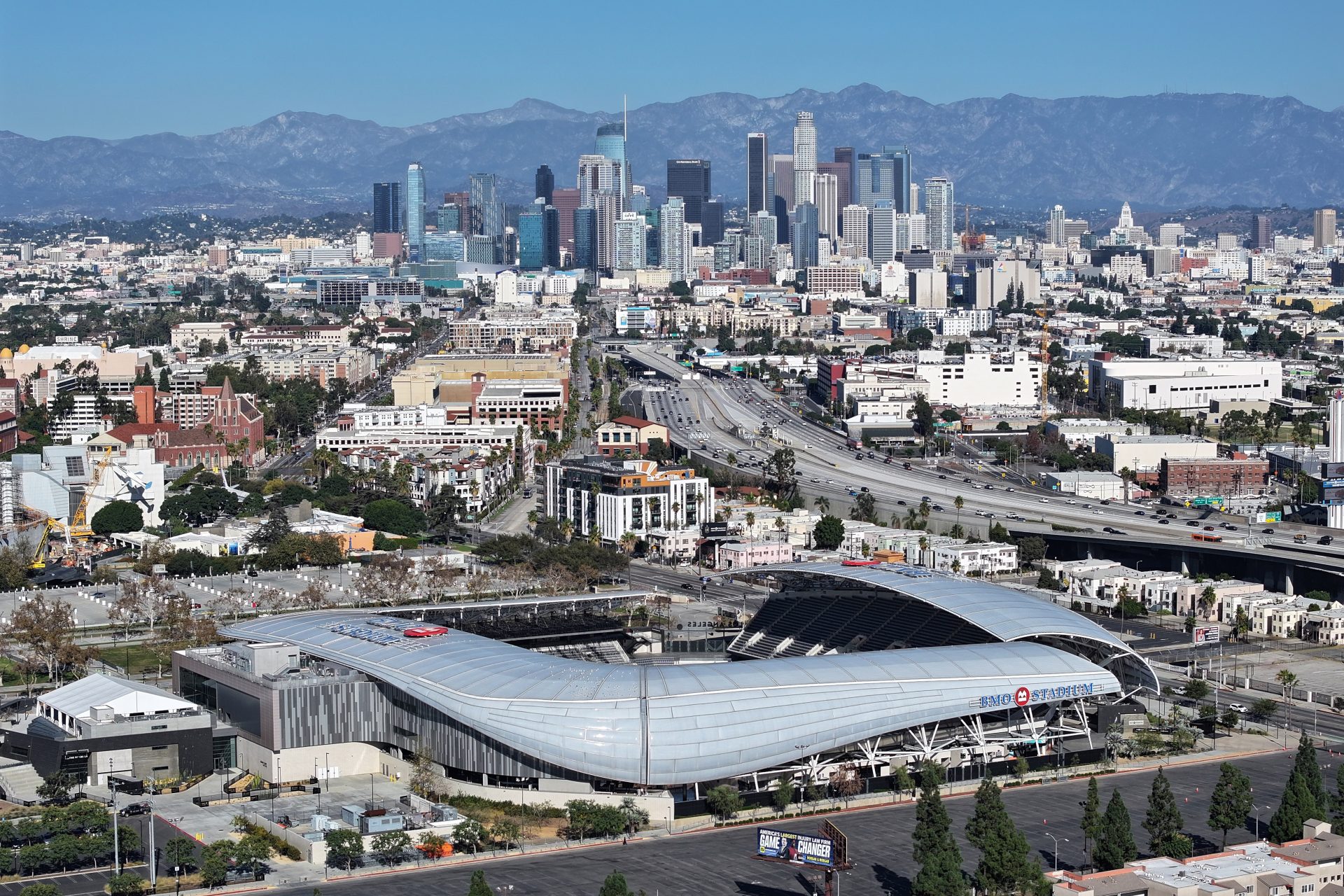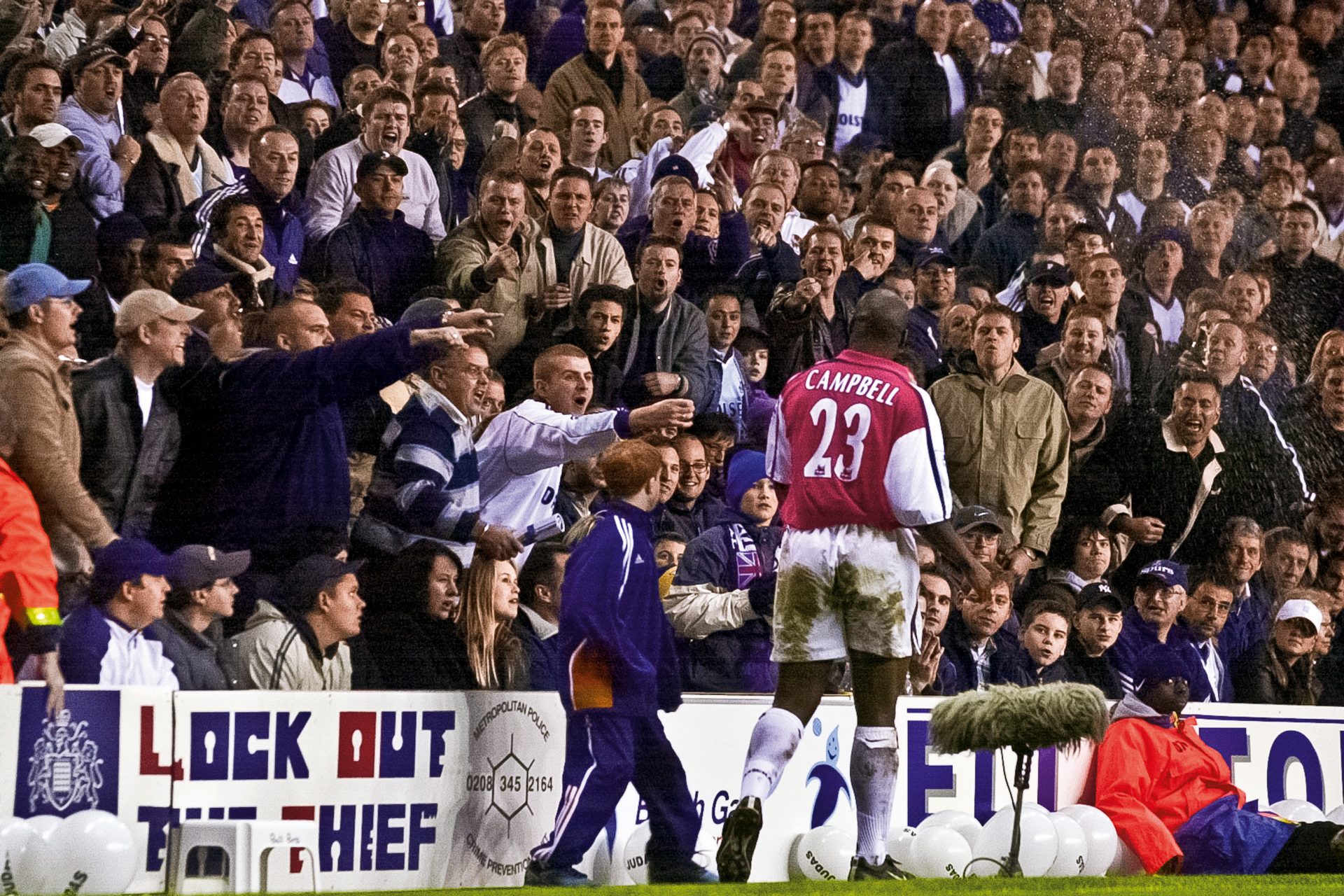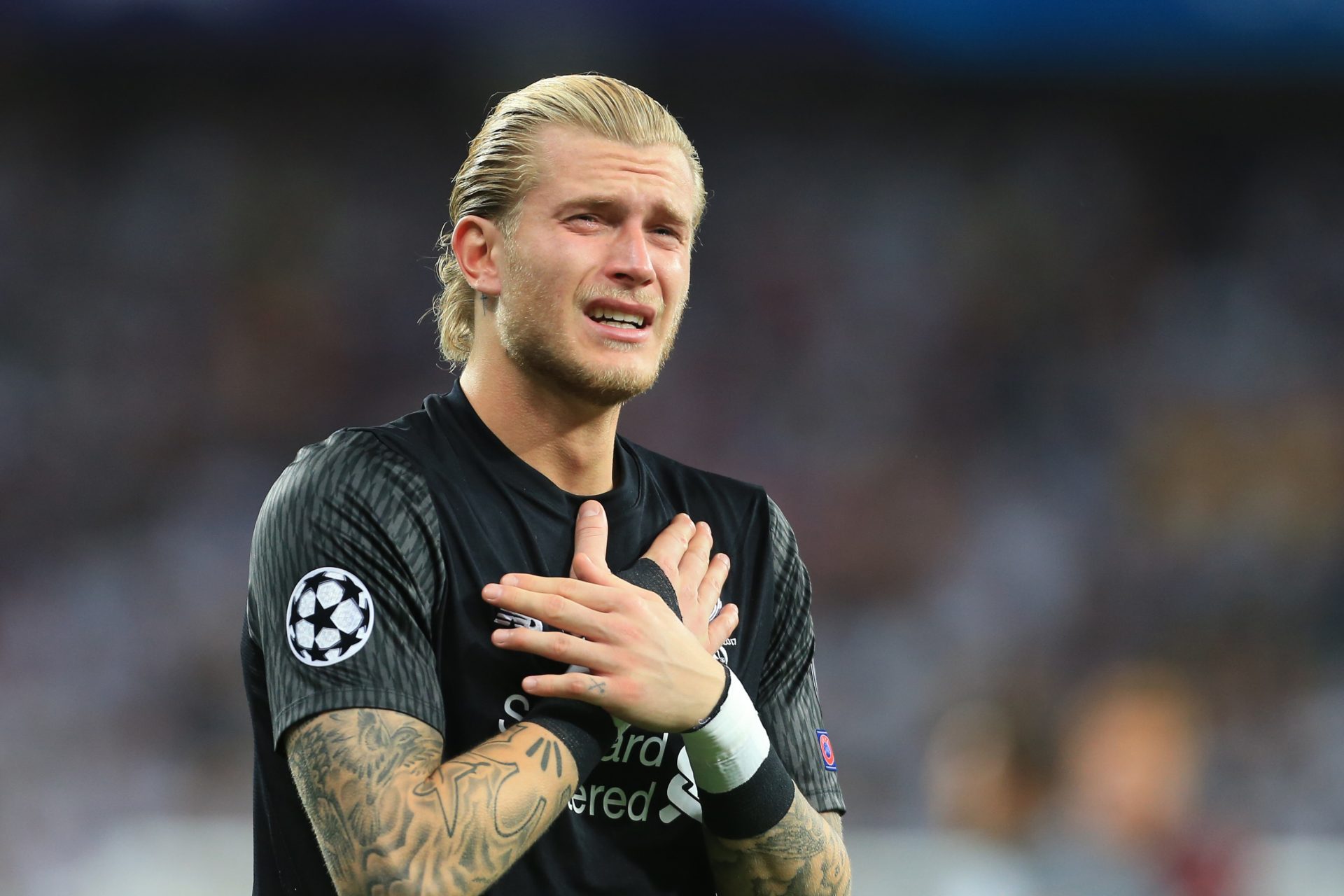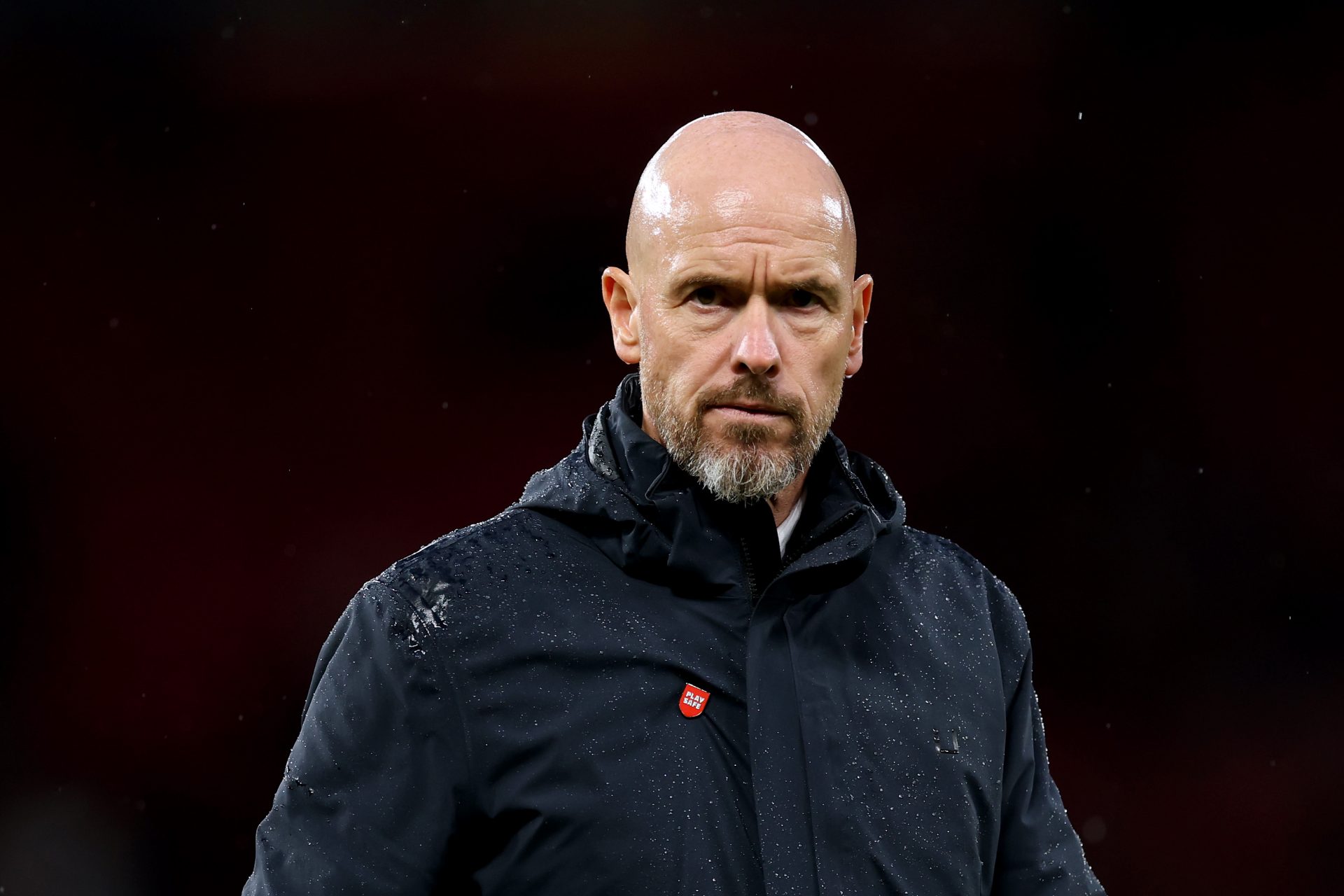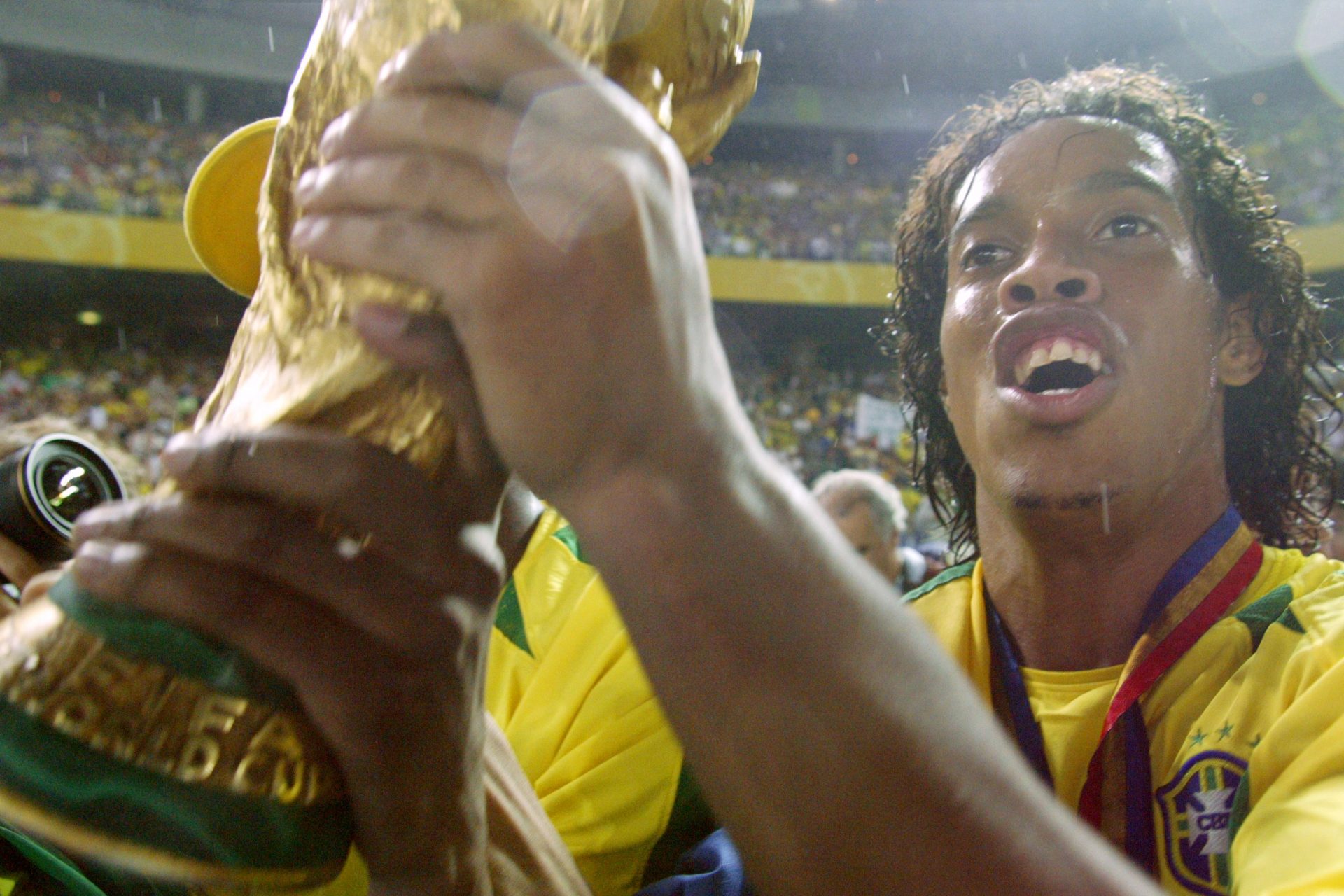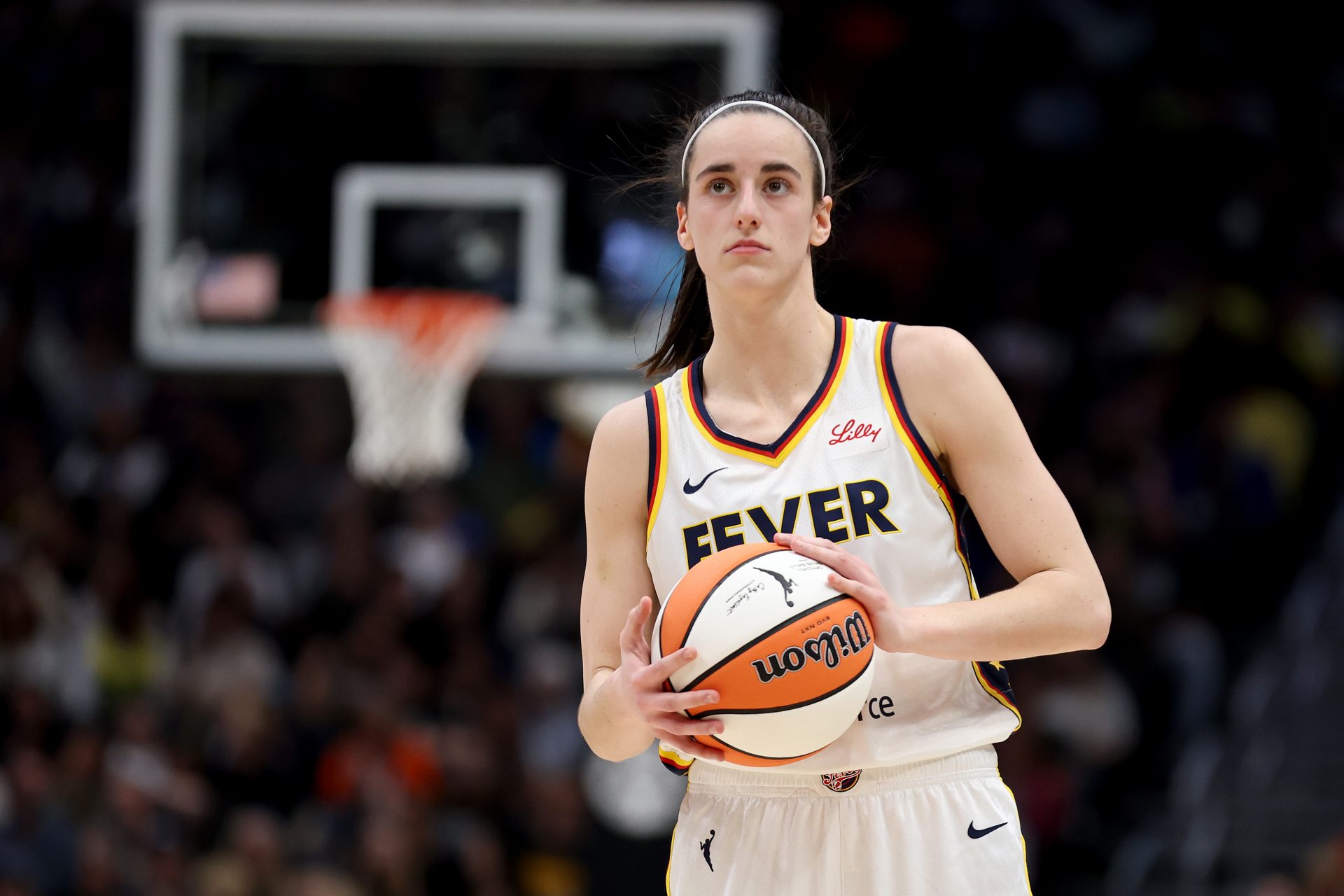The dark side of the Paris Olympics
The Paris Olympics were a true spectacle for sports fans around the world. Yet the Games were not without controversy and caused many problems. Let's see which problems.
Every four years, thousands of athletes from around the world gather to compete for sporting immortality - an Olympic gold medal. With thousands watching live and millions tuning in around the world, there is no bigger moment in a sportsperson's career. For those not competing, however, the Olympics can provide more hassle than it's worth, so let's take a look at the Olympics' dark side.
The Olympics attracts tens of thousands of fans from every corner of the globe to the host city, often creating difficulties for local infrastructure. Last year, Parisian mayor Anne Hidalgo told BBC News that added public transport would “not be ready in time” for the games, which was expected to provide a logistical nightmare for locals.
Want to see more like this? Follow us here for daily sports news, profiles and analysis!
One Parisian told BBC News in 2023, “Paris will be unbearable, Impossible to park; impossible to move around; impossible to do anything. Madame Hidalgo has wrecked Paris, and I want no part of the Games.” She continued by saying she was planning to leave Paris before the Games started.
There was a security plan in place for the Games, designed to create exclusion zones around certain arenas and stadiums, when shown this plan, the head of the hotelier's union said it was, “so complicated I get a headache just looking at it.”
Mayor Hidalgo has long been the center of Olympic controversy in Paris, with one source telling the BBC, “Anne Hidalgo has always wanted these to be her Games. But it's not her role, nor does she have the budget.” Some corners suggested the mayor was deliberately negative in the media to ensure she would receive praise if the Games were a success.
There was also concern about the Opening Ceremony, with over 200 dancers striking ahead of the Games, per CNN. Lucie Sorin, a union delegate, told reporters, “The ceremony is in danger in a sense, yes. But it will depend on solidarity because the strike is an individual decision”.
The Opening Ceremony, which was scheduled for the evening of July 26th, was the first ever to take place on a river, with an original estimate of 600,000 people along the banks of the Seine to watch. The original figure was lowered due to security concerns.
Security was a cause for concern at the Paris Games, following threats by various extremist organizations and multiple arrests of plotters possibly targeting the Games.
As a result, Paris was flooded with up to 75,000 police officers, troops and private security guards to try and secure the Games' security, per BBC News. This all came at a huge cost, and not just financially, with 44,000 barricades and barriers, navigated via a QR code scanning system, causing delays and confusion for residents.
The added security and confusion around navigating Paris concerned local businesses, with a waiter at a restaurant telling BBC News, “I'm a little bit worried. I've never seen it so calm. Ninety percent of clients have gone,” in what would usually have been a busy, tourist-filled neighborhood during Paris' peak summer months.
Want to see more like this? Follow us here for daily sports news, profiles and analysis!
France's interior minister, Gerald Darmanin, told reporters recently they were most concerned about, “Interference and distortion of information,” carried out by Russia and other nations. Darmanin added, “We're not naïve. We're hoping an Olympic trick will be observed… by all countries.”
With the ongoing conflict in Palestine and Israel, there were calls for Israeli athletes to be banned from the games, with French politician Thomas Portes saying, “I'm here to tell you that the Israeli delegation is not welcome in Paris.”
With the International Court of Justice ruling Israel has imposed an Apartheid regime in Palestine, there was precedent to ban them. South Africa, having been found to have imposed an apartheid system of their own, specifically against black South Africans, was banned from competing at any Olympics between 1964 and 1988, per the Olympics website.
While Paris made moves to ensure the Games would be as sustainable as possible, Madeleine Orr, author of 'Warming Up: How Climate Change Is Changing Sport' claimed, “There is no version of a sustainable Games as of yet.”
In the pool, there were major concerns around the Chinese team, with 23 athletes testing positive for the same banned substance at Tokyo 2020, per the New York Times. All 23 were able to continue competing with no retribution. Director of sports advocacy group Global Athlete, Rob Koehler recently told CNN, “If any of those Chinese swimmers hit a podium, they will absolutely lose it.”
The Olympics often presents itself as an opportunity for the world to come together to celebrate sport, but with national pride and budgets well into the millions of dollars (or pounds, Euros, Yen etc) there is little chance any Games can ever be perfect. Perhaps the best we can hope for is a clean Games, with little controversy or outside incidents taking away from the competing athletes.
Want to see more like this? Follow us here for daily sports news, profiles and analysis!
More for you
Top Stories



